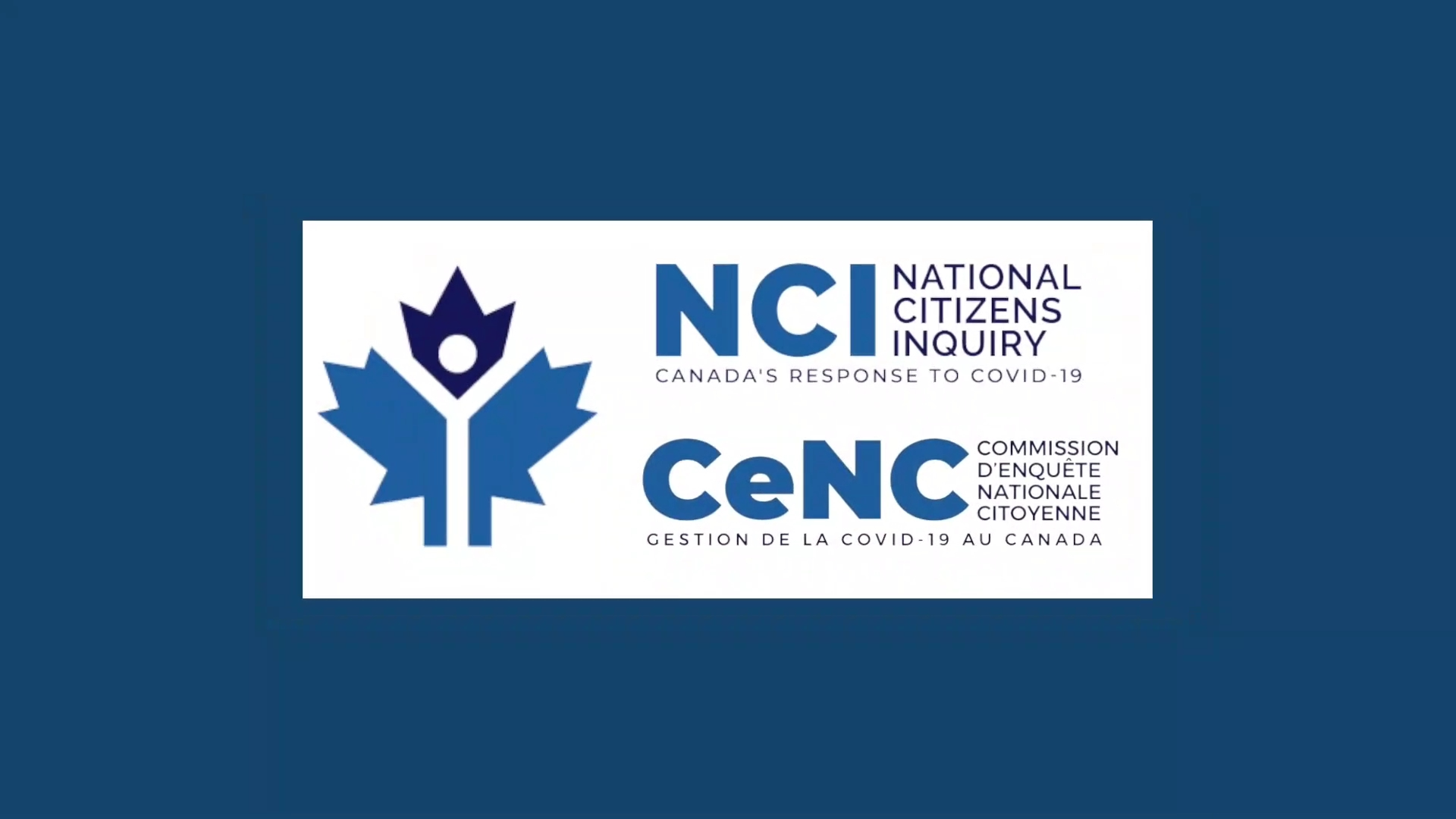The final report of the National Citizens Inquiry into Canada’s response to COVID-19 is out. The question now is whether policy makers will let its conclusions sink in.
The independent, citizen-led, citizen-funded inquiry issued subpoenas to 63 members of government, regulators, and authorities, but none appeared. Nevertheless, more than 300 members of the public and expert witnesses testified during 24 days of hearings in eight cities and additional virtual hearings.
The report describes the profound damage done to Canadian society and its institutions, including testimony from people who experienced adverse vaccine reactions, disruption of livelihoods and education, impaired mental health, reputational damage, professional discipline and censorship.
Expert witnesses included doctors, scientists, lawyers, economists, teachers, psychologists, morticians, experts in risk management, public policy, emergency management, occupational health and safety, aviation safety, pharmacy, policing and journalism.
Lead commissioner Ken Drysdale said the testimonies provided “irrefutable evidence that an unprecedented assault has been waged against the citizens of Canada” unmatched since the Second World War.
“The policy, legal and health authority interventions into the lives of Canadians…impacted the physical and mental health, civil liberties and fundamental freedoms, jobs and livelihoods and overall social and economic well-being of nearly all Canadians,” Drysdale said.
“[T]he wholesale abandonment of long-held fundamental beliefs and even codified law was…[made by much of] the media. Many public and private bodies such as schools, medical providers and regulators, unions, justice and policing all failed Canadians. These institutions and individuals must also be held to account.”
The commissioners offer hundreds of recommendations impacting all segments of Canadian society. First and foremost, the use of COVID-19 “genetic vaccines…should be stopped immediately” and for a “full judicial investigation” of how the vaccines were approved–complete with criminal charges if they are warranted.
The NCI says public confidence in the justice system was undermined by the pandemic. They urged a review of pandemic-related court cases and their impact on the rule of law. Special attention would be paid to all pandemic-related court cases denied on the basis of mootness or judicial notice.
The commissioners want an examination and reform of how executive authority is used during emergencies, with a view to proper checks and balances. A better framework is needed to oversee public health authorities’ decision-making processes during emergencies so that public health needs are balanced with personal rights and freedoms.
The NCI believes a judicial panel, overseen by citizens, should investigate the human rights violations committed by both government and corporations during the pandemic. Going forward, new legislation would require administrative bodies to demonstrate the expertise and rationale behind emergency decisions, especially if they infringe on individual and human rights. A National Crisis Oversight Council could help safeguard democratic principles, protect individual rights and maintain public trust during future emergencies.
Medical colleges meted out discipline on doctors for expressing disagreement with pandemic policies, or even prescribing off-label medication for COVID-19 treatment. NCI commissioners says an independent, multidisciplinary inquiry into the governance of professional colleges is required, and healthcare professionals’ freedom of expression must be safeguarded. The professional judgment of doctors must be guided by the best interests of the patient, and their private medical information protected.
The NCI also calls for better protection of workers, students, worshippers, and vulnerable populations in emergencies. For workers, this means a review of workers’ rights and their safety concerns in the context of vaccine mandates. For students, in-person schooling must continue as much as possible and interruptions made brief. Meanwhile, essential services for the homeless, addicts, and abuse victims must be maintained.
The commissioners believe informed consent was abandoned during the pandemic. People need access to comprehensive information about medical treatments, including potential risks and benefits and have the right to refuse treatment without coercion. Government, the NCI said, must recognize the “paramount” role of religion in a “free and democratic society” and afford it all the “protections and shields” laid out in law and the Charter.
The commissioners want Canada to register immediate reservations against the World Health Organization pandemic convention and any amendments to the International Health Regulations once they are put forth. This would give Canada time to consider the implications. The commissioners believe a public inquiry and consultation is required into the benefits and risks of Canada’s existing obligations to the WHO in addition to proposed future ones.
Shawn Buckley, lead counsel for the NCI, said the inquiry was a worthwhile exercise, but Canadians needed to step up to make the findings change our institutional realities.
“We learned that we are not alone. We learned that we can overcome our fear,” Buckley said.
“And we have learned that we can no longer sit still. We can no longer sit on our couches and have Canadians lose their freedoms.”
Lee Harding is a Research Fellow at the Frontier Centre for Public Policy
Related Items:
Watch Ches Crosbie and Ken Drysdale on Frontier Live on X here.
Download the final NCI report here. (5324 pages)
Watch: Ken Drysdale Chairman of the Commissioners of the National Citizens Inquiry (NCI), review the NCI’s Final Report here. (40 minutes) December 19, 2023.



